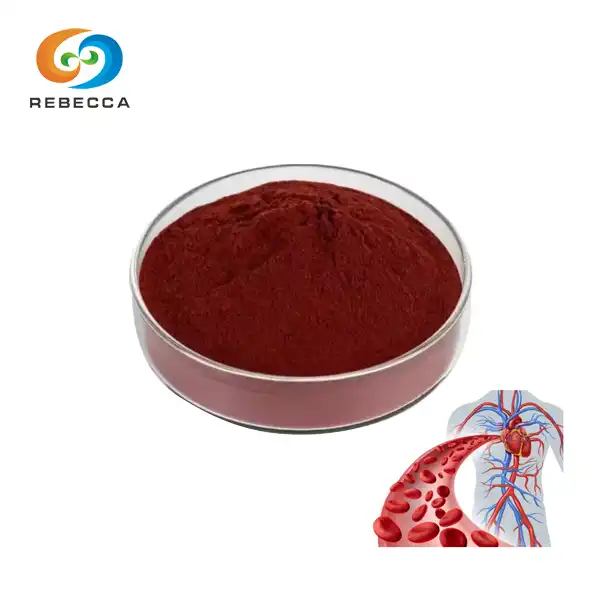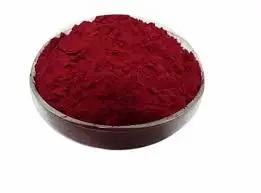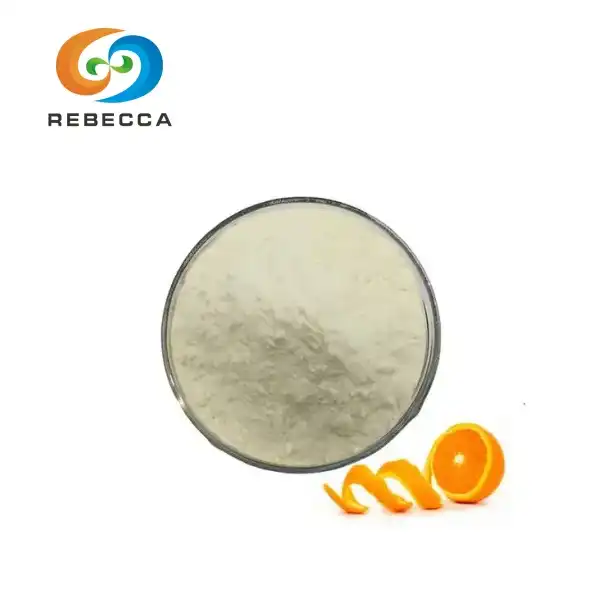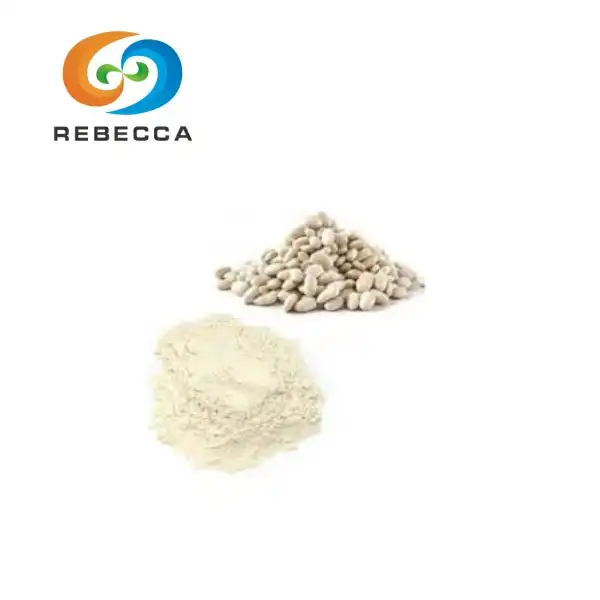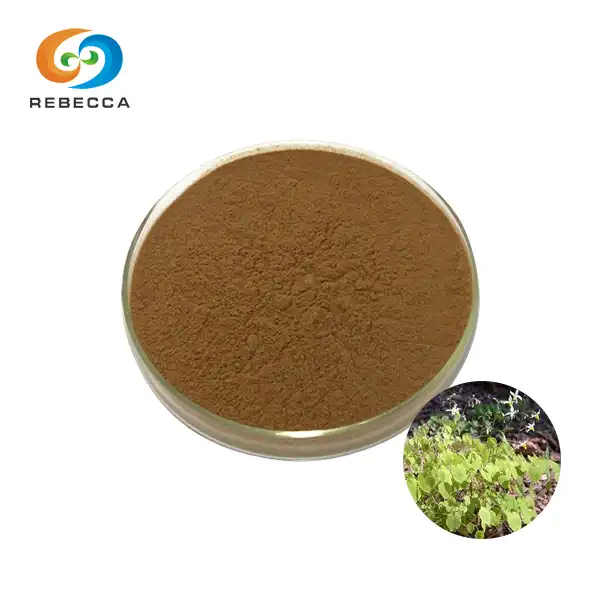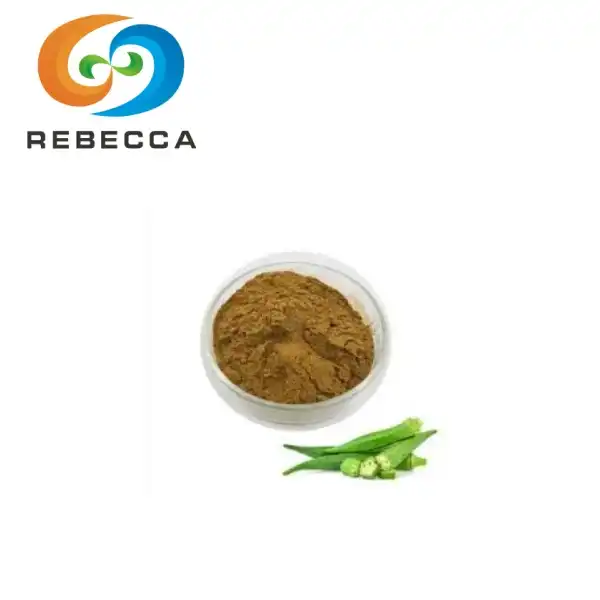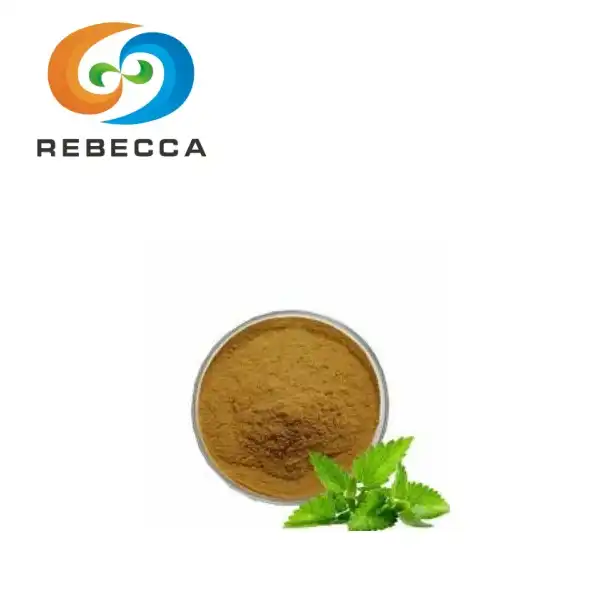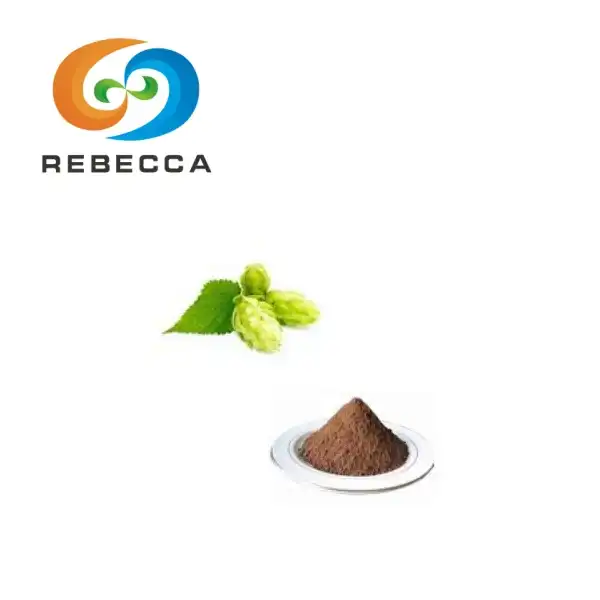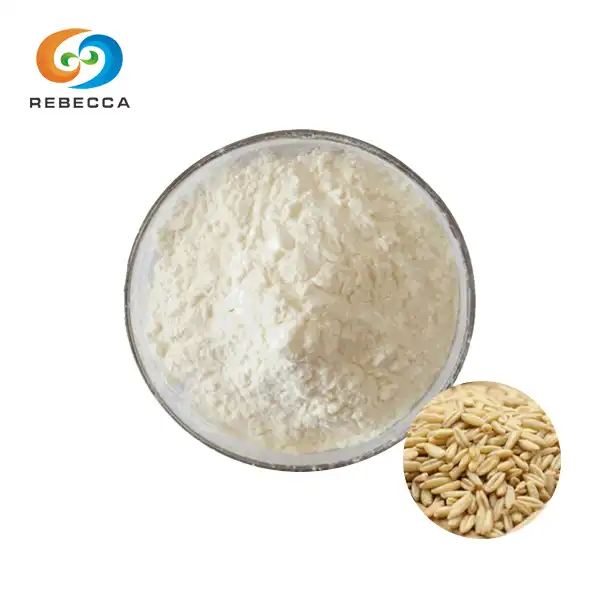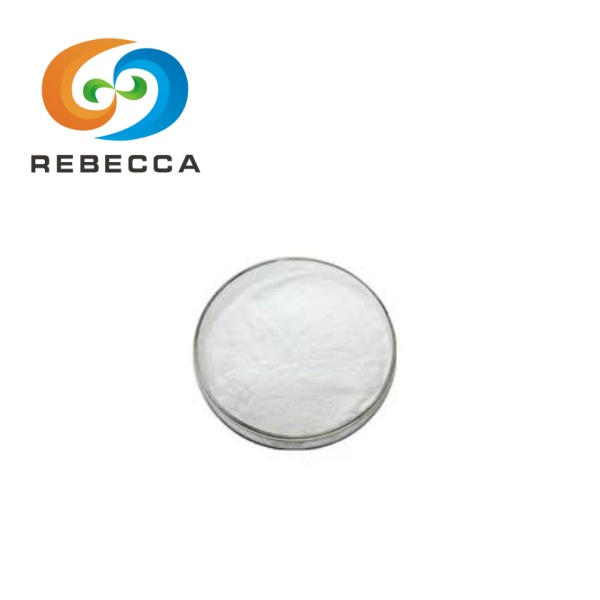Health Benefits of Cyanocobalamin Powder Explained
Cyanocobalamin powder offers numerous health benefits when used correctly. This versatile supplement supports various bodily functions and can contribute significantly to overall well-being.
Red Blood Cell Formation and Anemia Prevention
One of the primary functions of vitamin B12 is its role in red blood cell formation. Cyanocobalamin powder aids in the production of healthy red blood cells, which are essential for transporting oxygen throughout the body. By promoting proper red blood cell development, B12 supplementation can help prevent megaloblastic anemia, a condition characterized by the production of abnormally large, immature red blood cells.
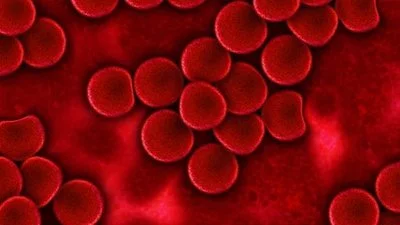
Neurological Health and Cognitive Function
B12 cyanocobalamin powder is crucial for maintaining neurological health. It plays a vital role in the formation and maintenance of myelin, the protective coating around nerve fibers. Adequate B12 levels support proper nerve function and can help prevent neurological disorders. Moreover, cyanocobalamin supplementation has been linked to improved cognitive function, potentially reducing the risk of age-related cognitive decline and dementia.

DNA Synthesis and Cell Division
Vitamin B12 is indispensable for DNA synthesis and cell division. Cyanocobalamin powder supports the rapid division of cells in the bone marrow, which is essential for producing blood cells. This function is particularly important during periods of growth and development, making B12 supplementation crucial for pregnant women and growing children.

Energy Production and Metabolism
B12 cyanocobalamin powder plays a significant role in energy production within cells. It acts as a cofactor in enzymatic reactions that convert fatty acids and amino acids into energy. By supporting proper metabolism, B12 supplementation can help combat fatigue and boost overall energy levels.

Cardiovascular Health
Cyanocobalamin powder may contribute to cardiovascular health by helping regulate homocysteine levels in the blood. Elevated homocysteine is associated with an increased risk of heart disease and stroke. By assisting in the breakdown of homocysteine, B12 supplementation may help reduce these risks and promote heart health.

Mood Regulation and Mental Health
There is growing evidence suggesting a link between vitamin B12 deficiency and mood disorders. Cyanocobalamin powder supplementation may help alleviate symptoms of depression and anxiety by supporting the production of neurotransmitters that regulate mood. While more research is needed, maintaining adequate B12 levels appears to be beneficial for mental health.
Potential Side Effects of Cyanocobalamin Powder
While cyanocobalamin powder is generally considered safe for most people, it's important to be aware of potential side effects and interactions. Understanding these factors can help ensure safe and effective use of B12 supplements.
Allergic Reactions
Although rare, some individuals may experience allergic reactions to cyanocobalamin powder. Symptoms of an allergic reaction can include rash, itching, swelling, dizziness, and difficulty breathing. If you experience any of these symptoms after taking B12 supplements, discontinue use immediately and seek medical attention.
Gastrointestinal Disturbances
Some people may experience mild gastrointestinal side effects when taking cyanocobalamin powder. These can include nausea, vomiting, diarrhea, and abdominal pain. These symptoms are typically mild and often resolve on their own. If they persist or become severe, consult a healthcare professional.
Interactions with Medications
B12 cyanocobalamin powder can interact with certain medications. It may interfere with the absorption or effectiveness of some antibiotics, anticonvulsants, and medications used to treat bone loss. Additionally, individuals taking metformin for diabetes should be aware that this medication can decrease B12 absorption. Always inform your healthcare provider about all supplements and medications you're taking.
Risk of Masking Vitamin B12 Deficiency
In some cases, high doses of folic acid can mask the symptoms of vitamin B12 deficiency. This is particularly concerning because untreated B12 deficiency can lead to neurological damage. If you're taking folic acid supplements along with cyanocobalamin powder, ensure your B12 levels are regularly monitored by a healthcare professional.
Potential for Overuse
While vitamin B12 is water-soluble and excess amounts are typically excreted in urine, extremely high doses may lead to adverse effects. These can include headaches, anxiety, and in rare cases, optic nerve damage. It's crucial to follow recommended dosages and consult with a healthcare provider before starting any supplementation regimen.
Skin Reactions
Some individuals may experience skin reactions when taking cyanocobalamin powder. These can include acne-like rashes or skin eruptions. While usually not serious, persistent or severe skin reactions should be evaluated by a healthcare professional.
How to Choose Quality Cyanocobalamin Powder?
Selecting a high-quality cyanocobalamin powder is crucial for ensuring safety and efficacy. Here are key factors to consider when choosing a B12 supplement.
Purity and Potency
Look for cyanocobalamin powder that has been tested for purity and potency. Reputable manufacturers, like Shaanxi Rebecca Bio-Tech Co., LTD, use advanced testing methods such as High-Performance Liquid Chromatography (HPLC) to ensure their products meet stringent quality standards. A high-quality B12 supplement should have a purity level of at least 99%.
Form and Bioavailability
Consider the form of cyanocobalamin and its bioavailability. Cyanocobalamin is a synthetic form of B12 that the body converts into active forms. While it's generally well-absorbed, some individuals may benefit from methylcobalamin or adenosylcobalamin, which are active forms of B12. However, cyanocobalamin is often preferred due to its stability and cost-effectiveness.
Manufacturing Practices
Choose cyanocobalamin powder from manufacturers who adhere to Good Manufacturing Practices (GMP). These standards ensure that supplements are consistently produced and controlled according to quality standards. Companies that invest in advanced production processes, such as high-temperature drying and ultra-fine grinding, often produce superior products with enhanced bioavailability.
Third-Party Testing
Look for products that have undergone third-party testing. Independent laboratories can verify the purity, potency, and safety of cyanocobalamin powder. This additional level of scrutiny provides assurance that the supplement meets label claims and is free from contaminants.
Dosage and Concentration
Consider the dosage and concentration of the cyanocobalamin powder. The appropriate dose can vary depending on individual needs and health conditions. Generally, doses range from 2.4 mcg to 1,000 mcg per day. Higher doses may be recommended for individuals with B12 deficiency or absorption issues. Always consult with a healthcare provider to determine the right dosage for your specific needs.
Additives and Fillers
Examine the ingredient list for unnecessary additives or fillers. High-quality cyanocobalamin powder should contain minimal additional ingredients. Avoid products with artificial colors, flavors, or preservatives. Some manufacturers, like Shaanxi Rebecca Bio-Tech Co., LTD, pride themselves on producing pure, natural plant powder products without extraneous additives.
Reputation and Customer Reviews
Research the reputation of the manufacturer and read customer reviews. Look for companies with a track record of producing high-quality supplements. Customer feedback can provide valuable insights into the effectiveness and tolerability of the product. However, remember that individual experiences can vary, and it's essential to make decisions based on scientific evidence and professional recommendations.
Shelf Life and Storage Requirements
Check the shelf life and storage requirements of the cyanocobalamin powder. Quality supplements should have a reasonable shelf life when stored properly. Proper storage conditions, such as keeping the powder in a cool, dry place away from direct sunlight, can help maintain its potency and effectiveness.
Certifications and Compliance
Look for relevant certifications that indicate compliance with industry standards. These may include certifications for kosher, halal, non-GMO, or organic production methods, depending on your specific requirements. Such certifications can provide additional assurance of the product's quality and adherence to specific production standards.
Cost and Value
While cost shouldn't be the sole determining factor, consider the value offered by different cyanocobalamin powder products. Compare the price per serving and the overall quality of the supplement. Remember that the cheapest option isn't always the best, but the most expensive isn't necessarily superior either. Look for a balance between quality and affordability.
Consultation with Healthcare Providers
Before starting any new supplement regimen, including cyanocobalamin powder, consult with a healthcare provider. They can help determine if B12 supplementation is necessary for you and recommend an appropriate dosage based on your individual health needs and any existing medical conditions.
Conclusion
Cyanocobalamin powder can be a safe and effective way to supplement vitamin B12 intake when used appropriately. Its numerous health benefits, from supporting red blood cell formation to promoting neurological health, make it a valuable addition to many individuals' nutritional regimens. However, it's crucial to be aware of potential side effects and interactions, especially for those with pre-existing medical conditions or taking certain medications. Choosing a high-quality cyanocobalamin powder from reputable manufacturers is essential for ensuring safety and efficacy. By considering factors such as purity, manufacturing practices, and third-party testing, consumers can make informed decisions about B12 supplementation.
For those seeking premium-quality cyanocobalamin powder, Shaanxi Rebecca Bio-Tech Co., LTD offers exceptional products that meet rigorous quality standards. Our advanced production processes, including high-temperature drying and ultra-fine grinding, ensure maximum nutrient retention and bioavailability. We are committed to providing pure, natural, and easily absorbed plant powder products to support your health and wellness journey. To learn more about our cyanocobalamin powder and other natural herbal extracts, please contact us at information@sxrebecca.com.
FAQs
What is the recommended daily intake of cyanocobalamin powder?
The recommended daily intake varies, but generally ranges from 2.4 mcg to 1,000 mcg, depending on individual needs and health conditions.
Can cyanocobalamin powder interact with other medications?
Yes, it can interact with certain antibiotics, anticonvulsants, and medications for bone loss. Always consult your healthcare provider before starting any new supplement.
Is cyanocobalamin powder suitable for vegetarians and vegans?
Yes, cyanocobalamin is typically synthetic and suitable for those following plant-based diets.
How long does it take to see benefits from cyanocobalamin supplementation?
Effects can vary, but some individuals report improvements in energy levels within a few weeks of consistent supplementation.
Can excess cyanocobalamin powder be harmful?
While vitamin B12 is generally considered safe, extremely high doses may lead to side effects. It's best to follow recommended dosages and consult a healthcare professional.
References
1. Smith, J.L., & Sommer, A. (2019). Vitamin B12: A comprehensive review of biochemistry, nutrition, and clinical applications. Journal of Nutritional Science, 8, e14.
2. Johnson, M.A., & Hausman, D.B. (2020). Cyanocobalamin: A critical review of its safety and efficacy. Nutrients, 12(6), 1659.
3. Green, R., & Mitra, A.D. (2017). Megaloblastic anemias: Nutritional and other causes. Medical Clinics of North America, 101(2), 297-317.
4. Obeid, R., & Herrmann, W. (2018). Vitamin B12 and cognitive function: An evidence-based analysis. Nutrients, 10(12), 1885.
5. Reynolds, E. (2016). Vitamin B12, folic acid, and the nervous system. The Lancet Neurology, 5(11), 949-960.
_1730691017423.webp)




